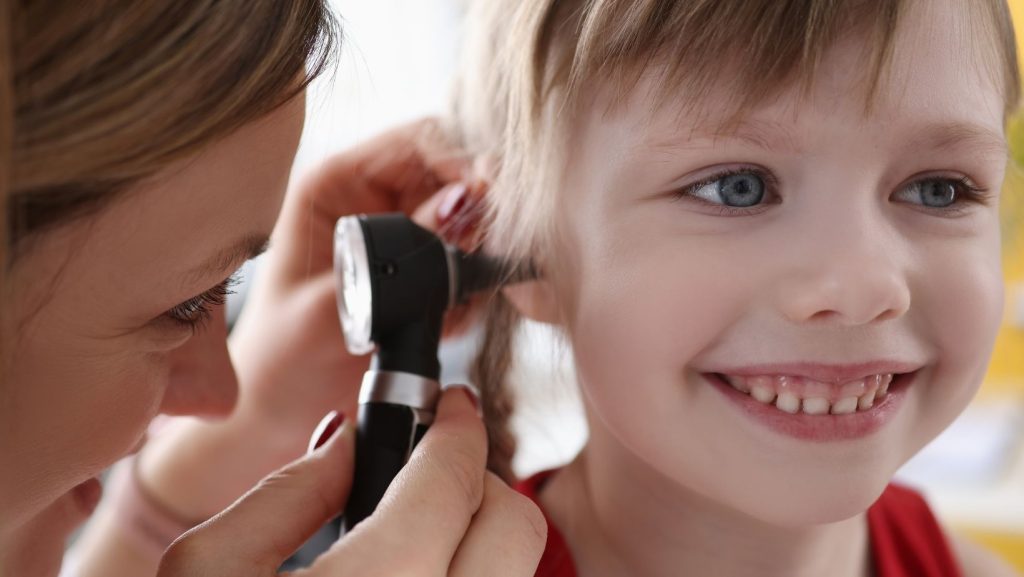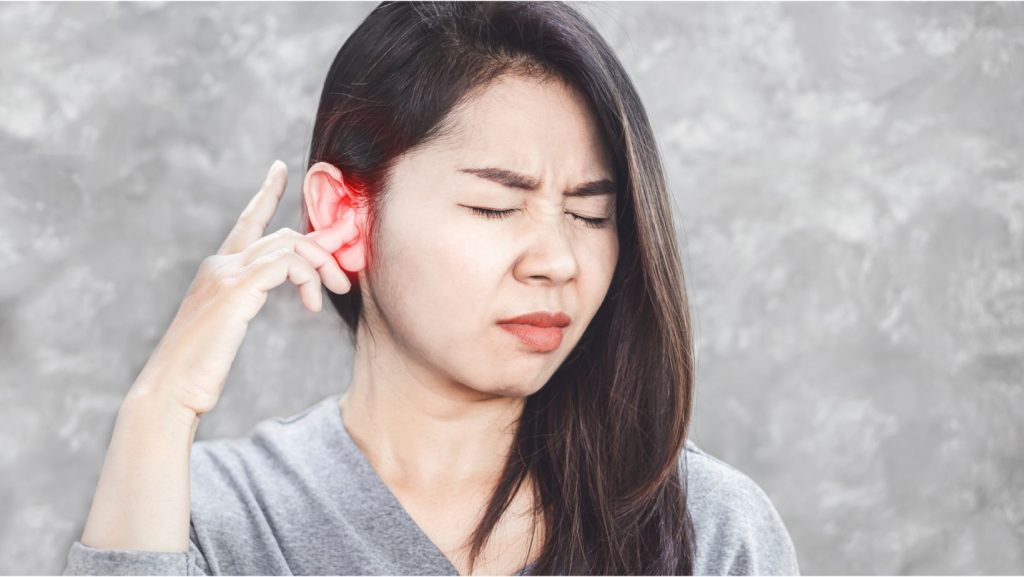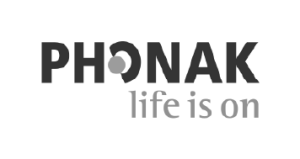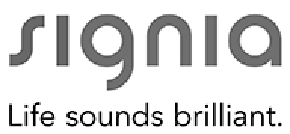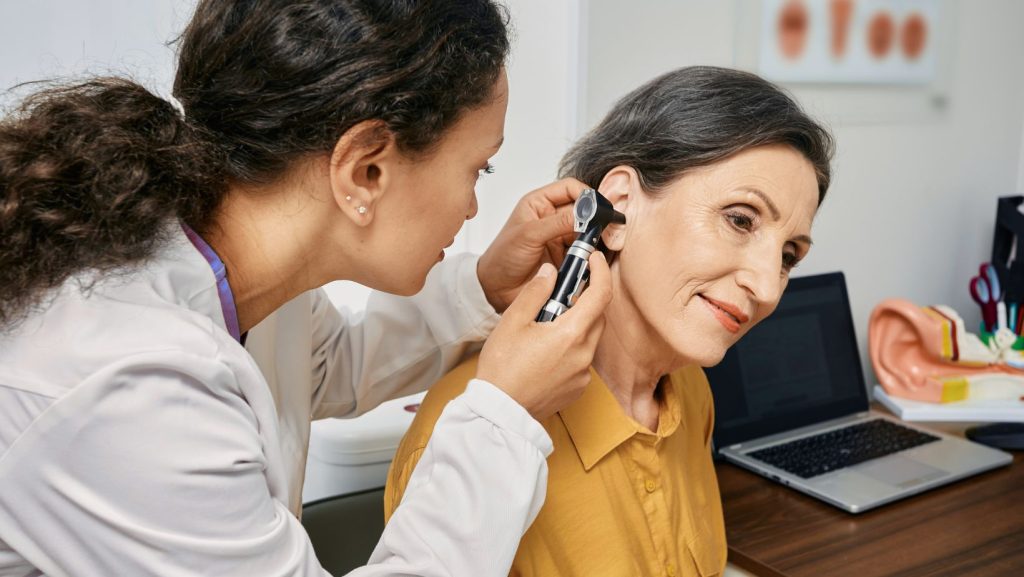
How Often Should Adults Get a Hearing Exam in Kitchener
Hearing is something most of us take for granted — until it starts to fade. For many adults in Kitchener, subtle changes in hearing happen gradually, often going unnoticed until they affect daily life. Difficulty following conversations, constantly turning up the TV, or missing important sounds can all be signs that it’s time for a professional hearing exam. Regular hearing exams aren’t just about detecting hearing loss — they’re a proactive step toward protecting your overall health, maintaining connections with family and friends, and ensuring you enjoy life to the fullest. In this article, we’ll explain how often adults should get



